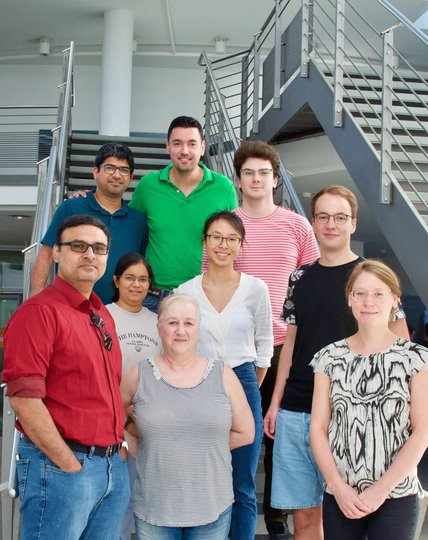Dr. Acharya began his research experience at the Rarified Gas Dynamics Lab of IIT Madras in 2003 where he worked on Combustion Instability Modeling for Solid Rocket Motors. During this time, he also worked with the Indian Space Research Organization in applying his research to their GSLV Mark 3 launch Vehicle. He graduated with both a Bachelor's and Master's degree in July 2007 soon after which he joined the Combustion Lab at Georgia Tech in Fall 2007 for MS/PhD. A primary driver for global energy requirements in the modern age is power generation using gas turbine technology for both land-based power (electricity) and aircraft engine propulsion. However, with strict environmental regulations, gas turbine emissions have been heavily constrained. This requires operating under conditions wherein several sub-optimal combustion behaviors occur, significant of which is the problem of thermoacoustic combustion instability. During this process the acoustics of the combustor volume and the heat output from the combustion couple in an unfavorable manner resulting in severe structural damage to engine components, reduced operability, and inefficiency that eventually increase emissions. This is a significant challenge for gas turbine design engineers and manufacturers as it leads to increased development costs for the gas turbine company as well as increased maintenance and insurance costs for the customers. Dr. Acharya’s PhD thesis presents a theoretical model for the response of three-dimensional swirling premixed flames to non-axisymmetric disturbances. These models are important for linear stability analysis of swirl combustors commonly used in air-breathing gas turbines. Since his graduation in 2013, he has continued as a Research faculty member of the Aerospace Combustion Lab with a current title of Principal Research Engineer. For this specific role in the lab, he holds the title of Associate Director for Combustion Modeling Research Operations. As part of this role, his efforts focus on R&D that transitions academic research to practical applications in the industry as well as fundamental research problems focused on unsteady combustion using theoretical, numerical, statistical and computational tools. These research tasks utilize a coupled application of acoustics, unsteady fluid mechanics and unsteady combustion in both a reduced order framework as well as a numerical simulation framework.
We want to thank Dr. Acharya for the wonderful discussions and the helpful introduction into thermoacoustics during the last week.
